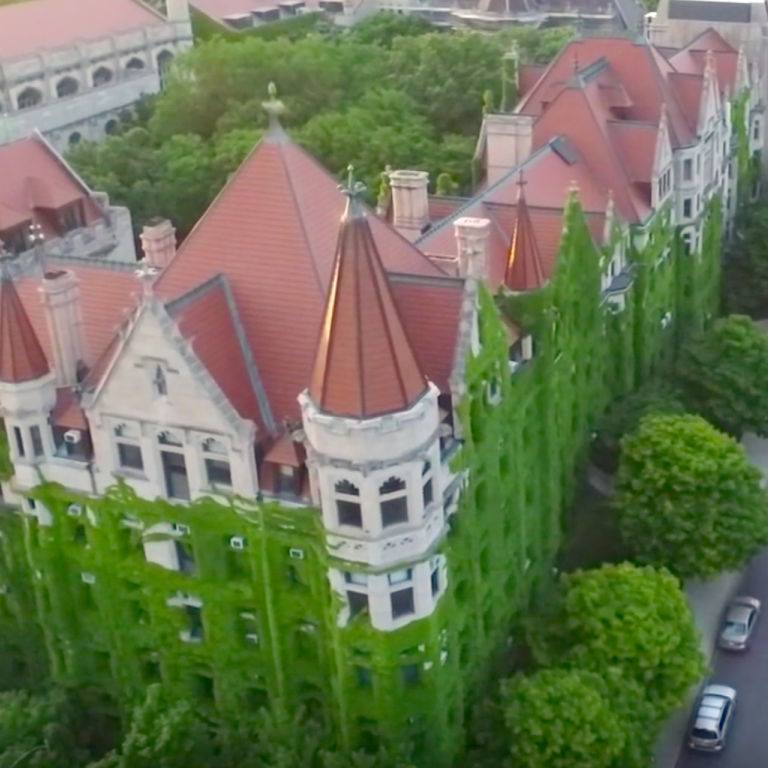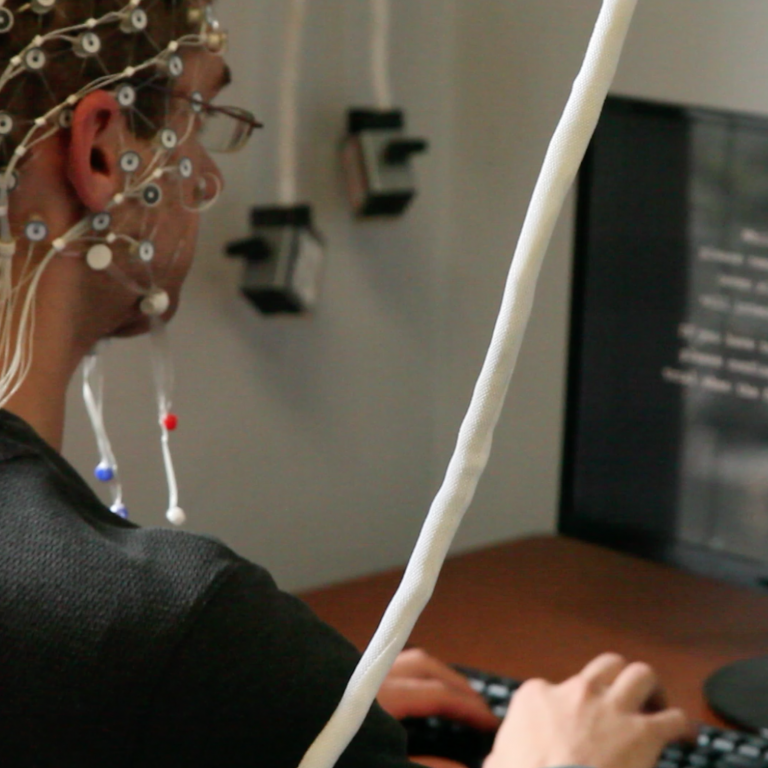About this conversation:
Deepak Ramola is the the Founder & Artistic Director of Project FUEL, an organization which documents human wisdom. Ramola is an educator, poet, and an artist. He has served as the Kindness Ambassador for UNESCO MGIEP. His methodology is recognized as a world's top 100 innovations in education. He has worked with the women of Maasai tribe to young girls in Afghanistan, sex workers of Kamathipura, earthquake survivors in Nepal, Syrian refugees in Europe, and migration-affected villages of Uttarakhand, India.
In this conversation, we discuss his work in a ghost village in India, how wisdom is a super skill concepts of wisdom across cultures, and the wisdom that can be found in children.
My favorite takeaway from this conversation
I think to be wise or take wiser decisions, one has to have some sort of tender heroism to say, ‘And what do you know? Oh, I don't agree with that, but tell me more and let's talk about it.'
Interview transcript:
Deepak Ramola: Hi. My name is Deepak Ramola. I'm a wisdom historian, an educator and an author. And I am the founder and artistic director of Project Fuel.
Jean Boulware: You have your hands in like so many different things, can you tell me briefly about a few of those things that I guess maybe hold the most meaning to you?
Ramola: Some of my favorite things over the years has have been painting definitely the world's first set of village of life lessons. When we started working with rural communities, Jean, what happened was that literacy levels were low and any written word didn't have that sort of value and engagement. So we thought, how can we draw people in without making them feel like they have to have an intellectual discussion about wisdom and life? Art seemed a great way through because when you hold a paintbrush, you sort of take off your guards and you're just doing that painting. You are allowing yourself to be free. And as that freedom progresses, you earn trust. And through that trust you earn respect. And with that respect, you can ask them really deep and profound questions.
So in 2017, we partnered with a ghost village in India that has been suffering from huge migration. Out of 200 families, only 12 were left behind. So we traced all the 200 families where they live in the world. We documented their memories of the village, the cultural knowledge, the assimilation of heritage that has been passed through generations and their own learnings in the world now. And when we went back to that village, that abandoned Ghost Village, we got the 12 families to be actually our cultural custodians and our guides, and we hand painted every single wall of that village.
It became, you know, an open air gallery of wisdom. That's been very important to me because that model has been replicated across other villages- with the Maasai in Tanzania, with other
Himalayan villages. So that's a project that has really stood close to my heart. And then on the opposite end in a formal academic institution, in schools. It has resulted in the shape of a wisdom corridor.
How do you create a space where children not only engage with wisdom, but they're able to also use their own wisdom to inform that? And we created a project many years ago called the ‘Wisdom Corridor Project’, where children are trained as mini-ethnographers, and they interview every single academic and nonacademic staff and the community's leading figures and then create a physical wisdom corridor with their life lessons.
And every single day when they pass that corridor, they have an opportunity to see whose story comes closest to understanding what they're going through today. So those are some of the broad arcs of the work, but it all connects through this through line…that there is inquiry and joy in finding out what somebody knows and how can you celebrate it really? Through a wisdom corridor or through a painted village.
Boulware: Those are really different sorts of things. Do you think wisdom is like this mutable thing, or are there tenets that are continuous across various cultures from children to the Maasai?
Ramola: For the longest time, as you know, wisdom was in the domain of philosophy and religion, so it had this mysterious quality to it. Over the last 15 years of our work at Project Fuel, we realized that it's actually a super skill. And when I see it from the lens of culture, I often say I define wisdom as being in the garden, knowing when to sew, knowing when to weed, and knowing when to just be and enjoy the garden.
Across these cultures, I see a distinct need to honor what we have not only accumulated as of yesterday because of our job firing us from the position we held dear or a heartbreak, but what our ancestors knew, what nature has taught us in connection to being alive and lifestyle. So I think there are similarities and there are some core things that are components of wisdom throughout the world.
You know, we've collected life lessons from 195 countries. And if you were to remove the name and the age of the person, I bet you nobody can guess where this life lesson comes from. You know, if you read someone saying ‘Consider your intuition to be a valid argument’, that could be a grandmother in Nepal, a social activist in London, or an LGBTQ educator in Eritrea.
Across cultures people are overflowing with wisdom. It just needs to be acknowledged, appreciated and with some sense of awareness passed on. So that other people know that they too have wisdom- the ones we've been othering for a while in society.
Boulware: So you mentioned wisdom being a skill. What would one skill be that you would suggest that they work on and develop?
Ramola: If you are in pursuit of wisdom, and one way that I've seen people can be in that pursuit more intentionally, in a more aligned way, is to seek perspective like and unlike theirs. I think perspective taking and perspective sharing is one of the most important tenets of that wisdom as a super skill.
And if I can add to that perspective-taking, you can only have other people's perspective if you have the skill to inquire without making someone feel offended. And so you need to have questioning along with answering as a skill and thoughtful questioning.
And once you have all of that wisdom from someone else or their perspectives and your perspective, you then need establishing the relationship between the two. Because the longest journey in the world to walk is to go from your perspective to someone else's perspective.
So I would say it all starts from perspective taking and perspective sharing, which in the world today seems like a rare fossil fuel almost at the verge of extinction because people have believed ideas and ideologies…and said that’s what we subscribe to and that's what our algorithm is feeding us.
So I think to be wise or take wiser decisions, one has to have some sort of tender heroism to say, ‘And what do you know? Oh, I don't agree with that, but tell me more and let's talk about it.’
Boulware: Is there anything that you think we should include that we didn't touch on today?
Ramola: One thing that that has emerged over the last decade of this work is that the phrase wise child is almost an oxymoron. You know, the moment you hear a young person say something even remotely wise, people immediately label by saying, well, it's an old soul- as if wisdom was on the other side of the grad school mountain with gray hair and student debt paid off.
But it's there. It's in the sand pile. It's on the beach. It's in the kindergarten. And that is because they are so simple and so contextual in their, you know, in their positionality, but so metaphoric in their youth. That a five year old girl saying ‘When you're done using the jars, remember to close the lid’. When you're in the kitchen, it's really about closing the lid. But when you are in a relationship, it is about letting go, you know, or when you're at work, it's about setting boundaries and saying ‘I'm done with this. I’m going to put on the lid, go back home, watch TV, have that dinner. It's about creating these boundaries. And increasingly, I think that because there has been a myth long standing, that wisdom only comes with age and now it's shifting towards accepting that wisdom comes from experience. And the more experience somebody has of that context that they're talking about, they actually might be wise.
One of the most interesting things that has come out is we've been working with schools in Pittsburgh doing the ‘Wisdom Corridor project’. And I asked young kids if you could ask God one question-if you believe in God or the universe- a question, what would you ask? And this is these are elementary school children who have come up with questions such as, ‘Dear God, there are no new animals in the world. Have you stopped imagining?’ And ‘If kindness is so good, why doesn't everyone practice it?’
Imagine a 7-8 year old asking, ‘How can we incentivize people to be more kind in the world?’ And I think we're living in a phase in human history where we cannot now make wisdom aspirational. We have to make it accessible.
My work has been predominantly with education institutions, with children, because I'm asking myself, how do we raise not just smart kids, but wise children? And what will it take for us to do? And the first thing that seems we need to do is to listen to children’s wisdom and honor it for what it is.
There's a beautiful learning that one young child shared with me the other day. I was having this conversation and I said, ‘Do you think you have good friends?’ And like an academic, he said, ‘Let's define good.’ [laughs] A ten year old! And I thought, ‘Wow, that's it! It's there!’
You know, it doesn't have to be something profound. It doesn't have to be something revelatory. It’s in this normal exchange when someone takes a beat, a pause, to say ‘There's more to this. And I want to know if I know enough’ Which is them practicing intellectual humility, right? Them saying, ‘I don't know what good is. Let’s about that.’
And I think it's through these fabrics of knowing we can honor even the wisdom of children. And I think we need to do it because we've treated children for far too long as beneficiaries of the adult knowing and not as collaborators of that seeking.
To learn more about Deepak Ramola, visit https://www.deepakramola.com/
To learn more about Project Fuel, visit https://projectfuel.in/



